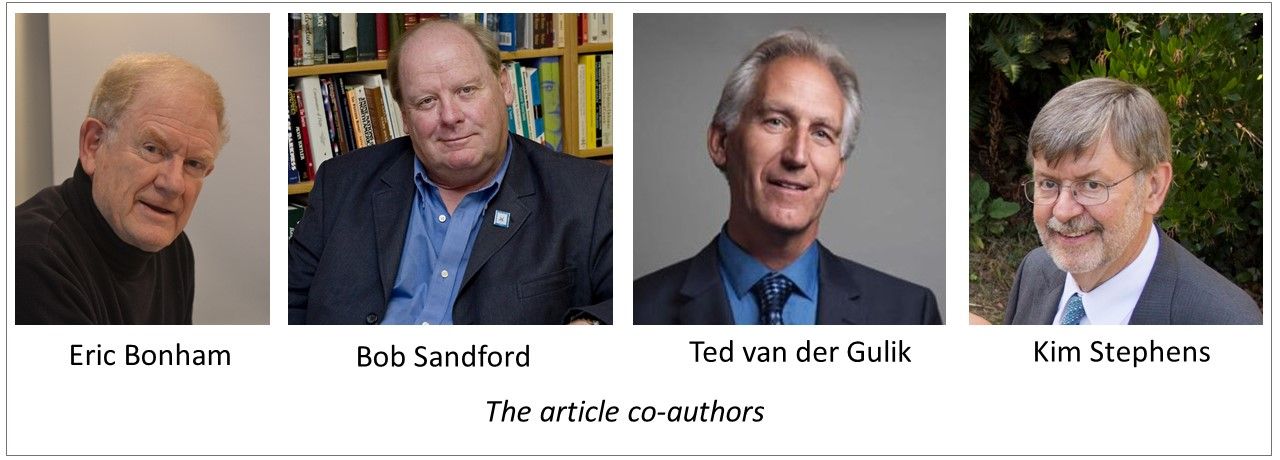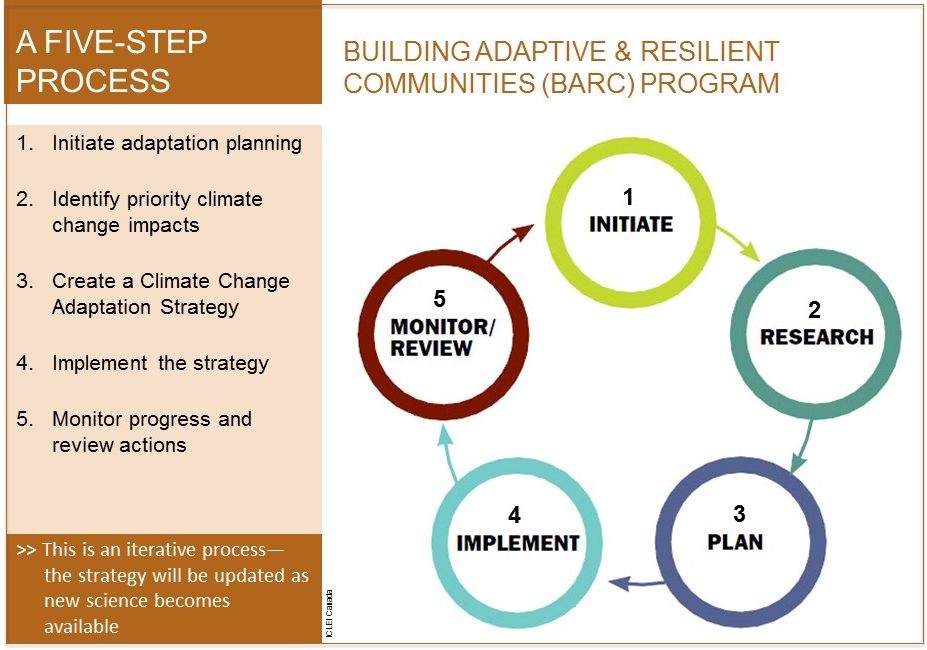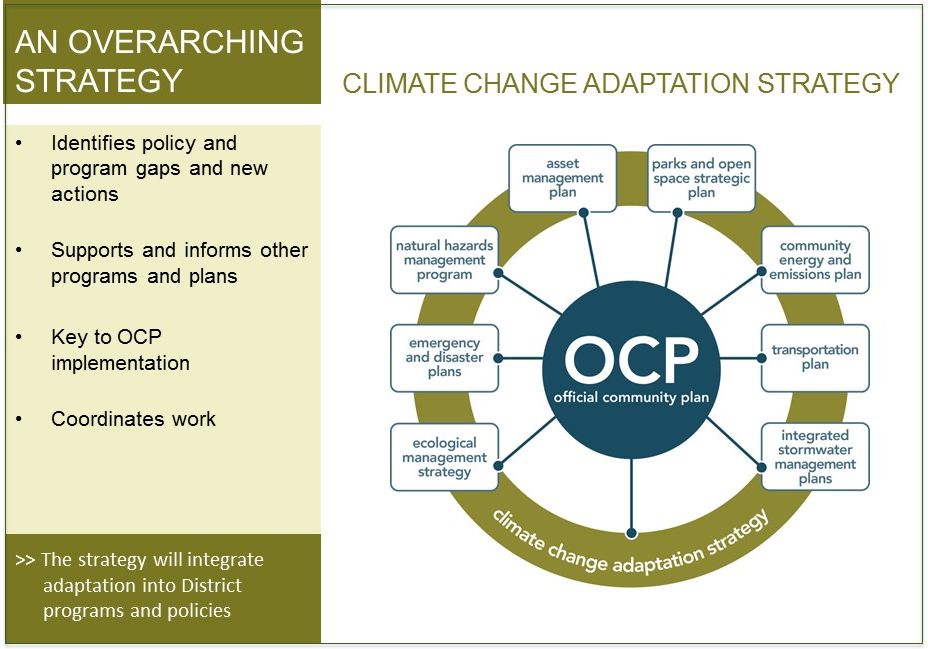Feast AND Famine, Flood AND Drought: How are Local Governments Responding in British Columbia?
Note to Reader:
The Spring 2016 issue of Watermark Magazine (published by the BC Water & Waste Association) includes an article that describes the Feast AND Famine Workshop held in December 2015, and co-hosted by the Partnership for Water Sustainability in BC and the Irrigation Industry Association of BC.
Download Feast AND Famine, Flood AND Drought: Solutions and tools for building water-resilient communities to read the complete article.
Wetter, Warmer Winters;
Longer, Drier Summers
The weather in 2015 has impacted on how the public views the BC climate and their understanding of how it is changing. There is now growing awareness that the summer dry season has extended on both ends. BC communities can no longer count on a predictable snowpack and reliable precipitation to maintain a healthy water balance in their watersheds. 2015 is a teachable year, the first since 2003. This creates a window of opportunity to implement solutions and tools developed in BC.
A Solution: Design with Nature
Adaptation to a changing climate was a unifying theme. Designed to spark a conversation that would reverberate after the workshop, Feast AND Famine shared a vision for ‘designing with nature’ to restore hydrologic integrity and maintain the seasonal ‘water balance’.
The Cowichan Valley Regional District and District of North Vancouver are incubators for water balance approaches at the regional and municipal scales, respectively. In Module B, Keith Lawrence and Richard Boase showcased solutions that their respective organizations are pioneering.
Climate Change Adaptation Strategy
Richard Boase presented the first public unveiling of North Vancouver’s work-in-progress Climate Change Adaptation Strategy. He explained how the District had applied a 5-step BARC process (Building Adaptive & Resilient Communities).
 The Shifting Baseline Syndrome concept, published by Dr. Daniel Pauly of UBC in 1995, provides a frame-of-reference for the strategy. “Dr. Pauly observed that ecological standards are lowered almost imperceptibly with each new generation. This results from lack of knowledge of the historical condition of the environment. The existing condition is accepted as the normal condition. It so important that we recognize this syndrome, and that each of us take steps and measures to avoid the shifting baseline.”
The Shifting Baseline Syndrome concept, published by Dr. Daniel Pauly of UBC in 1995, provides a frame-of-reference for the strategy. “Dr. Pauly observed that ecological standards are lowered almost imperceptibly with each new generation. This results from lack of knowledge of the historical condition of the environment. The existing condition is accepted as the normal condition. It so important that we recognize this syndrome, and that each of us take steps and measures to avoid the shifting baseline.”
To Learn More:
To download a PDF copy of the PowerPoint presentation by Richard Boase, click on District of North Vancouver Climate Change Adaptation Strategy
To learn more about Daniel Pauly and the application of his thinking, click on Creating the Future in British Columbia: Recognize and Address the “Shifting Baseline”.




